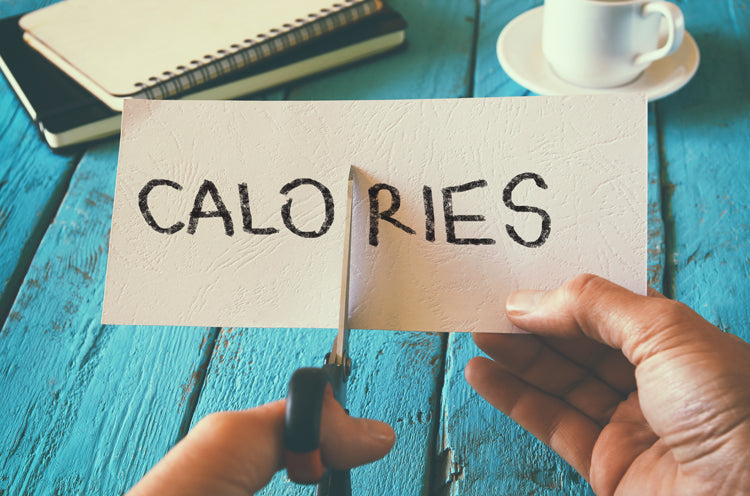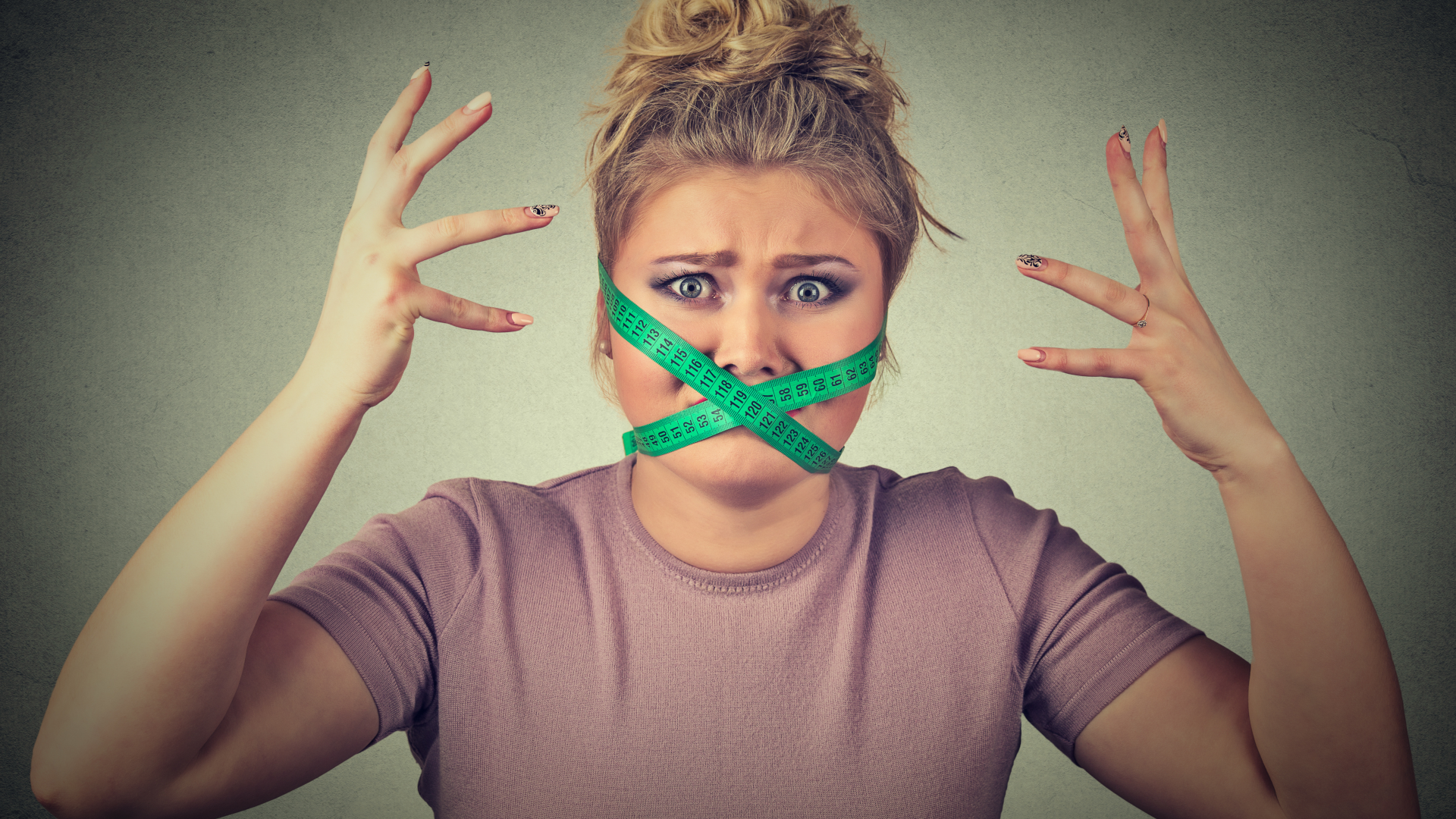You keep hearing that a calorie deficit helps you lose weight, but how does it work?
It’s so frustrating when people say losing weight is easy. If that was true, we’d all be our ideal weight and wouldn’t spend precious time and energy thinking about dieting.
What those well-meaning people probably mean is that the maths of losing weight is simple (yes, we totally know that simple and easy aren’t the same!)
Every single successful diet on the planet shares one thing: a calorie deficit. Let’s look at exactly what a calorie deficit is and – most importantly – what you can do to make losing weight less hassle.
What is a calorie deficit?
The one thing that unites every weight loss transformation story is a calorie deficit. Think of it like a maths equation. Calories are a unit of energy, and you can add them (from food and drink) or take them away (through activity, exercise or your metabolism).
We don’t want you to feel like you’re back in math class (yuk) but it’s important to understand the literal “ins and outs” of a calorie deficit.
Here's how the equation works: if you want to maintain weight, you need to balance the books by taking in the same number of calories as you burn throughout the day. If you want to gain weight, you've got to take in more than you burn. And if you want to lose weight - you've got it - you need to take in fewer calories than you burn!
How does a calorie deficit help you lose weight?
Your body needs the energy from calories, but if you take in more than you need then the excess energy will be stored as body fat. When you get into a calorie deficit, your body has to supply its own energy to fill the gap. That's how a calorie deficit helps you lose weight.
So, it’s a bit like a calorie gap?
Exactly – that’s a great way of describing it. When you’re in a calorie deficit, your body needs to find that extra energy from somewhere. And guess where it will take it from? You got it… from your body fat stores.
A quick note on that: this only works if you keep your usual activity levels up whilst you’re in a calorie deficit. If you start burning fewer calories, the whole equation will even itself out and you won’t be in a deficit any more.
How do I burn calories?
Here's the secret that most diets don't tell you. There's much more to burning calories than just exercising. Your body and brain are actually burning calories 24/7 through staying warm, digesting food, even pumping blood around. That's called your BMR or Basal Metabolic Rate. On top of that, you'll burn calories through movement and walking (experts call this NEAT or non-exercise activity thermogenesis if you want to get fancy), thermic effect of food (TEF), and of course any workouts you do.
All of that can be bundled together as your TDEE or total daily energy expenditure. Phew!
How many calories do I need to be in a deficit?
As you already know, we all need a different number of calories (yep, the blanket advice for women to eat 2000 kcals is pretty outdated!) The best way to work out your total daily energy expenditure is to use a TDEE calculator. We recommend https://tdeecalculator.net/. Punch in some simple numbers and it will give you a pretty good estimate of your daily calorie needs.
From there, you can decide how big or small to make your deficit. The bigger the deficit, the more weight you can lose faster. But a word of warning here, a bigger deficit might also make you feel hungry, cranky, or prone to cravings.
Should I have a big or small calorie deficit?
Let’s say your TDEE is 2000 kcals a day. You could choose a 10% deficit which would mean cutting back by 200kcals a day (you’d be eating 1800 kcals). How hungry do you think you’d be? Pretty doable, right? But a 10% deficit means it might take you 2 weeks to lose 1lb. Slow and steady can win the race, but you’ll need to be patient.
On the other hand, you could choose a 25% deficit which would mean snipping 500kcals a day (and eating 1500 kcals in our fictional scenario). You’ll be able to lose 1lb-1.5bs a week, but you might feel too hungry.
How hard is it to be in a calorie deficit?
If you’ve been burned by a bad diet, it’s natural to worry about cravings or mood swings in a calorie deficit. But the great thing about controlling your own calorie deficit is that you can make it as big or small as you want.
You know yourself best. Do you prefer to go hard and fast, or slow and steady? How do you cope with hunger and energy?
The great thing about understanding how to create a calorie deficit is that the power is in your hands. You can turn the dial up or down in line with your energy levels and stresses.
What’s the best way to achieve a calorie deficit?
Being in a calorie deficit means taking in fewer calories than you burn, or burning more than you take in. It's up to you. What's the best way for your lifestyle and personality type? Some people would prefer to cut down on food a little bit, so they’re taking in fewer calories without expending any more than they were before. Other people would prefer to eat the same amount, and ramp up their calorie burn by walking more, being active, or doing more workouts.
There’s no right or wrong way to achieve a calorie deficit. In fact, the most important thing of all is finding a way that suits you, so you can stick to it. What sounds like the perfect plan for one of your friends might not work for you.
Are there any downsides to a calorie deficit?
Being in a calorie deficit will naturally mean you feel a bit hungry (that's how you know it's working). But it should never feel unbearable. And don't forget, PhenQ can help tame those pesky cravings and give you an energy boost to make it easier!




